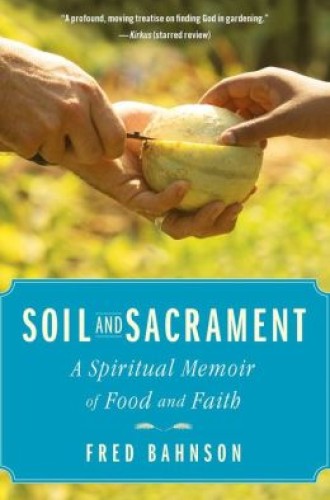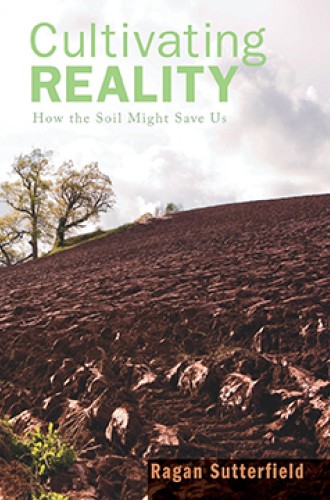Earthy vocation
The sight of Muslim students butchering lambs at my farm left me reeling, but I was alert enough to notice that my visitors possessed Islamic rituals, rules and prayers that honored the lambs’ supreme sacrifice. I realized that I did not have any tradition of my own that might guide me in such an activity. The experience reminded me how American society has shorn food production of its spiritual dimension. Land abuse and animal cruelty result when creating food becomes a series of separate mechanical tasks.
Fred Bahnson and Ragan Sutterfield explore this issue from different directions—Bahnson sojourns among farmers in faith communities, while Sutterfield traces human ties to the land through history.
Bahnson sees a natural affinity between spiritual and country matters, which is why monasteries and retreat centers of all kinds so often involve the growing of plants and animals. Bahnson profiles four farms connected to faith communities, interspersing his account with the compelling story of his own agrarian-faith journey, which culminated in leading a garden ministry at a church. After four years in that position, he became head of the Food, Faith, and Religious Leadership Initiative at Wake Forest’s School of Divinity.







